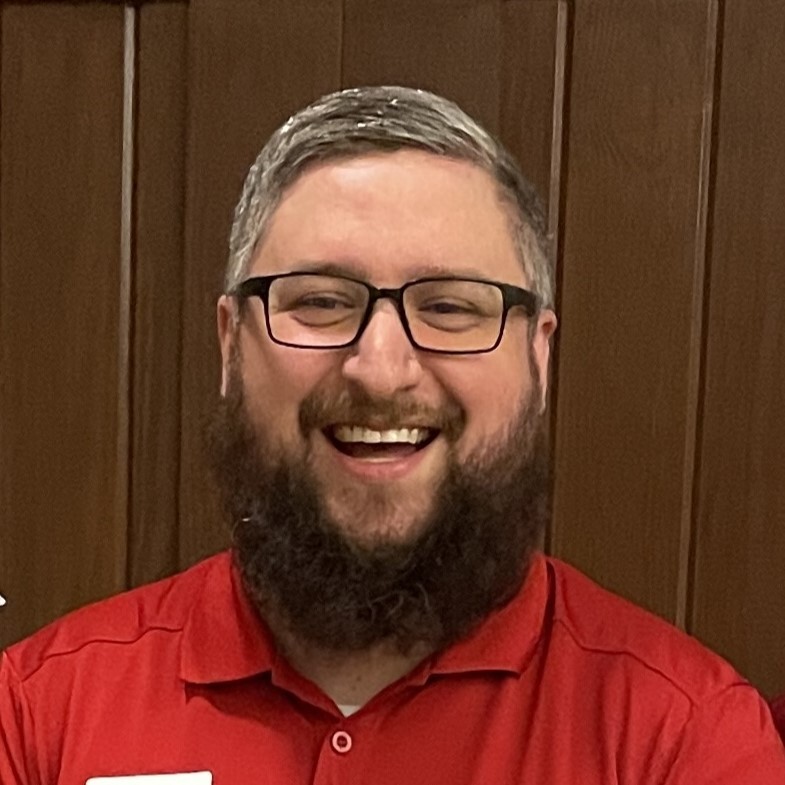Managing Pro Bono Volunteers
There comes a time in every program when you need volunteers who can do more than hand out food hampers or lead school groups through a museum. You...
2 min read
 Tim Suda, CVA
Jun 4, 2025 9:00:00 AM
Tim Suda, CVA
Jun 4, 2025 9:00:00 AM

Looking back on my time…
Over the past five years of holding my Certified in Volunteer Administration (CVA) certification, I have had ample opportunities to grow and learn within a supportive environment, both within my organization and within the volunteer engagement professional community. The period of growth has also helped me recognize the value of learning from failure. In particular, when I think back to my younger days, I’m reminded of my first understanding of the benefits of humility.
During my undergraduate studies, I undertook a capstone project that encapsulated the entirety of my academic journey. This project involved the creation of an audio-visual engineering firm, and I presented my work with great pride. Following the presentation, there was an opportunity for attendees, including peers, professors, and university leadership, to ask questions about my project, my studies, and my future aspirations. One of my professors, Professor Arbitter, who taught my television courses, asked me to deliver an elevator pitch for a potential investor in my business.
At that stage in my life, I possessed a considerable amount of unearned confidence. I delivered what I believed to be an exceptional elevator pitch, one that would undoubtedly encourage investment in my firm. Professor Arbitter commended my pitch and expressed pride in my achievements. In my youthful exuberance, I decided to challenge her by asking if she would be willing to invest, suggesting that I was ready to accept a check.
Her response, which I did not fully grasp at the time, had a profound impact on my life and career trajectory. She acknowledged my intelligence and hard work, affirming her belief in my potential to achieve anything I set my mind to. However, she expressed concern that I had never truly been humbled. She stated that she would gladly invest in me and my firm if I approached her the day after experiencing humility. I accepted her comment without fully understanding its significance.
Reflecting on this experience, I recognize the importance of humility. For me, the path to humility has been paved with failures and the lessons learned from them. Since graduating with my undergraduate degree, I have encountered numerous mistakes and failures. However, each failure has been an opportunity for growth, adaptation, and resilience.
One particular failure stands out, having occurred three times in quick succession, serving as a humbling experience. This failure involved a mistake that did not become apparent until later.
I have been successful in building teams and developing volunteer leaders who can take ownership of programs and projects. However, my failure with three different volunteers was in not preparing them to succeed under new leadership. I also failed to communicate their support needs to their new leaders. In each case, I transitioned to a different role, and the volunteers began reporting to new leaders.
Despite their demonstrated leadership skills, these volunteers remained in their roles with full authority over their projects. Unfortunately, I neglected to emphasize the importance of regular check-ins and setting guardrails. Over time, these volunteers became comfortable making decisions without oversight. After approximately two years, conflicts arose between their actions and the expected outcomes. Having operated independently for so long, they resisted the redirection efforts. Eventually, each volunteer’s behavior became disruptive, leading to their termination from the organization.
Recognizing this recurring issue, I have delved deeper into understanding how to prevent such situations in the future and mitigate emerging issues. One key insight is the necessity of consistent check-ins and support mechanisms for volunteer leaders. While employees benefit from structured evaluations and regular check-ins, volunteers often lack these mechanisms. Establishing similar support structures for volunteers is crucial to their success and the fulfillment of our mission.
I have taken this lesson to heart, understanding that even the most capable volunteer leaders require ongoing support and check-ins. I now prioritize these practices within my teams and those I interact with, ensuring that my past failures do not repeat themselves.
I can also see how this experience has helped me grow as a volunteer engagement professional. I imagine going back to Professor Arbitter, and my pitch looking completely different when informed by experience. I hope other leaders of volunteers take the same lesson, and see the opportunities that finding humility can unlock.
This article was written as my renewal reflection for the CVA certification. Learn more about getting your CVA at an upcoming information session.
Featured Posts

There comes a time in every program when you need volunteers who can do more than hand out food hampers or lead school groups through a museum. You...